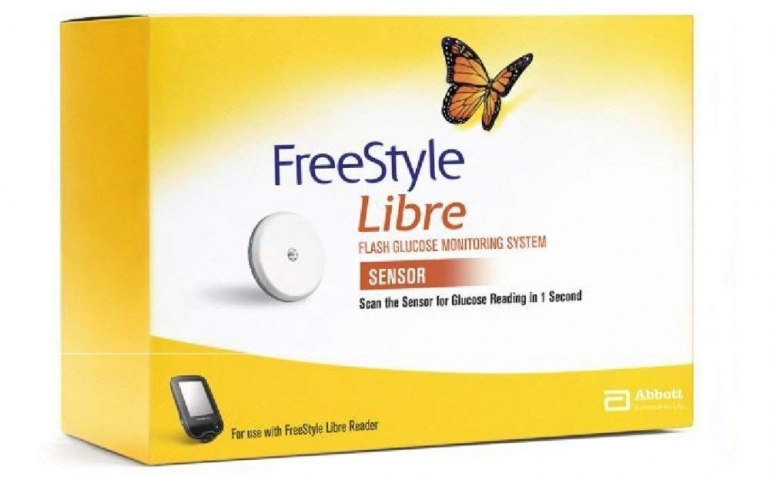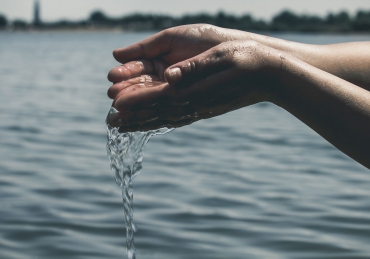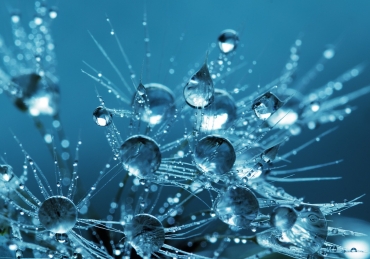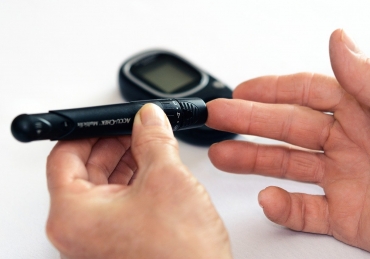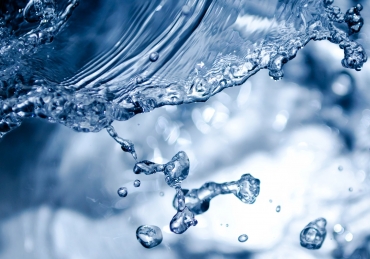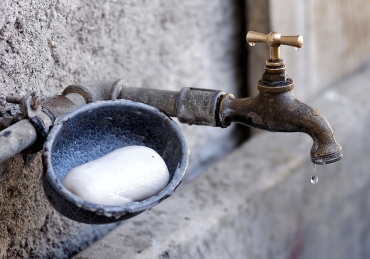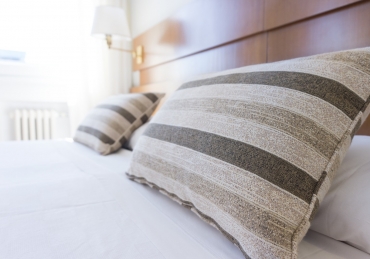Washing over freestyle libre sensor
Question
My son is diabetic, he needs to regularly do a finger prick to monitor his blood glucose levels. The NHS is now prescribing an alternative to finger pricking, which is a water-resistant wearable sensor, 5mm in height and 35mm in diameter. The FreeStyle Libre sensor is applied on to the back of the upper arm with a simple, disposable device called an applicator. When the sensor is applied, a thin, flexible and sterile fibre is inserted just under the skin. It is held in place with a small adhesive pad. My question is, is he allowed to have an obligatory bath (farḍ ghusl) without removing the sensor? Each sensor lasts for 14 days and the cost is over £50 per sensor which is covered by NHS. If the sensor is removed for ghusl, it has to be replaced with a new sensor. To the best of my knowledge, NHS only prescribes two sensors per month.
بسم الله الرحمن الرحیم
Answer
When the need arises to have an obligatory bath, if a new sensor is available, the sensor should be removed and the upper arm washed fully. If a new sensor is not available and it is possible to use the finger pricking method, this should be used until a sensor becomes available. If the finger pricking option is not possible or practical and the continued use of the sensor is deemed necessary by the doctors, then water can be poured over the sensor and the ghusl will be valid.
قال الله تعالى: لا يكلف الله نفسا إلا وسعها. وقال في الأصل (١/٤٣): قلت: أرأيت الرجل ينكسر ظفره فيجعل عليه الدواء أو العلك فيتوضأ وقد أمر أن لا ينزعه عنه؟ قال: يجزيه. قلت: وإن لم يخلص الماء إليه؟ قال: وإن لم يخلص الماء إليه، انتهى. وقال الحصكفي في الدر المختار (١/٢٨١): (انكسر ظفره فجعل عليه دواء أو وضعه على شقوق رجله أجرى الماء عليه) إن قدر وإلا مسحه وإلا تركه. وقال: (والرجل والمرأة والمحدث والجنب في المسح عليها وعلى توابعهما سواء) اتفاقا، انتهى۔
Allah knows best
Yusuf Shabbir
28 Dhū al-Qaʿdah 2019 / 30 July 2019
Approved by: Mufti Shabbir Ahmad and Mufti Muhammad Tahir

